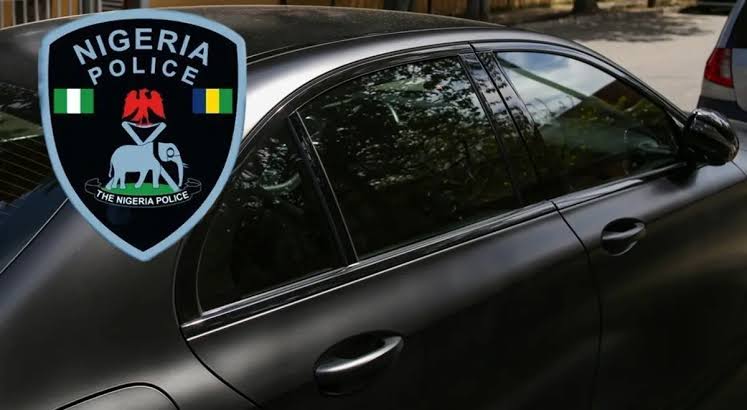National Issues
NBA’s Misplaced Attack On Police Tinted-Glass Permit Policy -By Danjuma Lamido
Contrary to the NBA’s claims, regulating the use of tinted-glass vehicles in Nigeria serves critical national security and safety purposes.

The recent decision of the Nigerian Bar Association (NBA), through its Section on Public Interest and Development Law (SPIDEL), to drag the Inspector-General of Police (IGP) to court over the tinted-glass permit policy is not only unfortunate but also a blatant display of ignorance of extant Nigerian laws.
Section 2(3a) of the Motor Vehicles (Prohibition of Tinted Glass) Act, 2004 is clear and unambiguous. It empowers the Inspector-General of Police, or any person duly authorised by him, to grant or approve the permit for the use of tinted glass on vehicles.
In the same vein, Section 1(2) of the Act stipulates that an applicant must show good cause, either on health grounds or for security reasons, before such approval can be granted. These provisions leave no doubt that the IGP is acting strictly within the law.
It is also important to emphasize that the Nigeria Police are empowered under Section 26(e) and (f) of the Nigeria Police Act, 2020 to render specialised services to members of the public at a fee.
The issuance of tinted-glass permits, therefore, falls squarely within the Police’s statutory responsibilities, and the fees charged are legally justified.
Contrary to the NBA’s claims, regulating the use of tinted-glass vehicles in Nigeria serves critical national security and safety purposes. Some of the key advantages include:
Crime Prevention: Criminals often exploit vehicles with dark tints to conceal their identities and transport weapons or contraband. Regulation helps curb such abuses.
Public Safety: Security operatives can better identify suspicious activities when vehicles are properly monitored.
Enhanced Investigation: Tinted-glass regulation aids law enforcement agencies in tracking offenders and ensuring accountability.
Balanced Rights and Security: The law strikes a balance between citizens’ rights to privacy and the overriding need to protect lives and property.
It is laughable, therefore, that the NBA, a body that should be at the forefront of promoting respect for the law, could rely on the outdated Motor Tinted Glass (Prohibition) Act of 1991, a military decree that has since been overtaken by subsequent legislation.
One would expect the NBA to be properly guided on the current state of Nigerian law, instead of rushing to court to display such ignorance in full public glare.
The tinted-glass permit policy is legal, transparent, and constitutionally valid. For this reason, the court should dismiss the NBA’s suit in its entirety and award a heavy fine against the association to serve as a deterrent against frivolous litigation.
The Inspector-General of Police, IGP Kayode Egbetokun, has consistently reiterated the Nigeria Police Force’s unflinching commitment to upholding the rule of law while safeguarding the fundamental rights of all Nigerians.
The tinted-glass permit policy is, without doubt, part of this lawful and responsible policing framework.
Danjuma Lamido writes from Yola, Adamawa. email: danjumalamido2011@gmail.com










